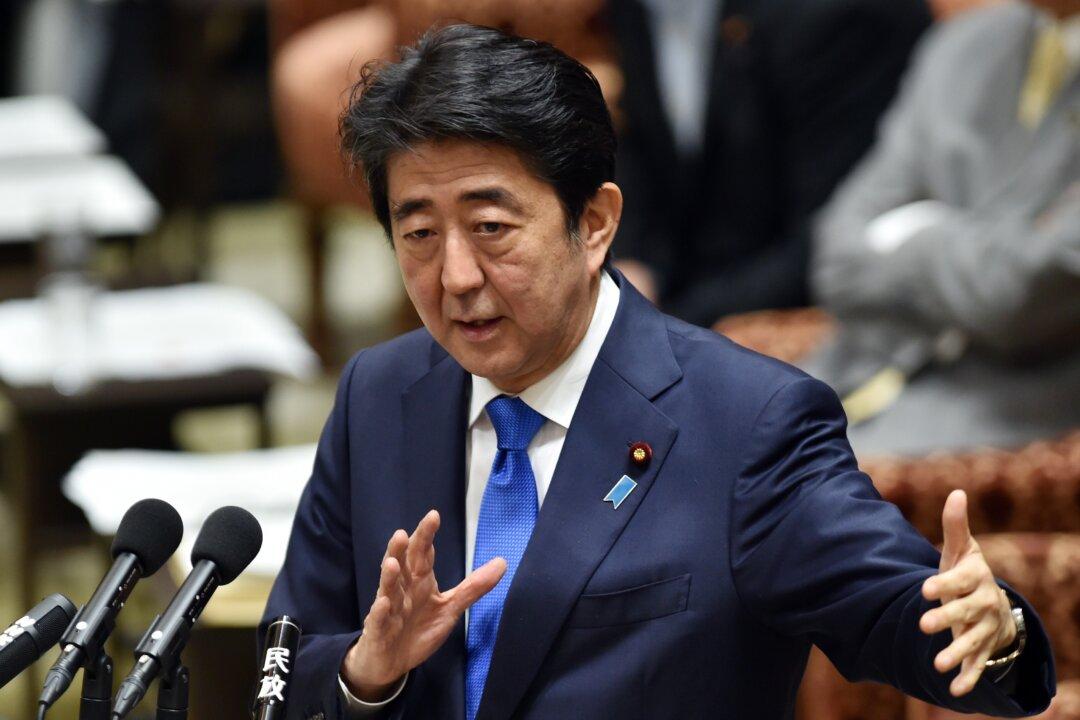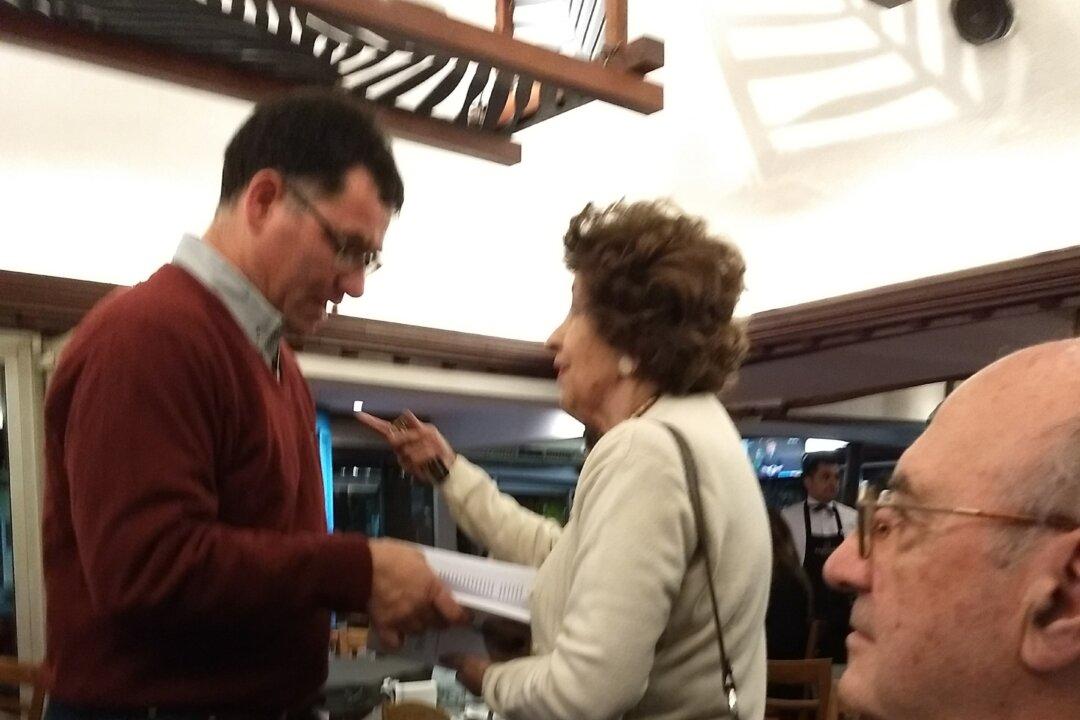The twenty-three minute ceremony aboard the deck of the Battleship USS Missouri in Tokyo Bay, Japan, on Sept. 2, 1945, was the most significant event in Japan’s recent history, and the most painful. The ceremony established the surrender of the Empire of Japan and marked the end of World War II.
After the horrific experience of the war, and to create the legal basis for the country’s future peaceful development, a new constitution was enacted, which was called the Postwar Constitution or also the Peace Constitution. It became the fundamental law of Japan. The constitution’s most characteristic component was the renunciation of the right to wage war contained in Article 9, and a provision for “de jure” popular sovereignty in conjunction with the monarchy.




